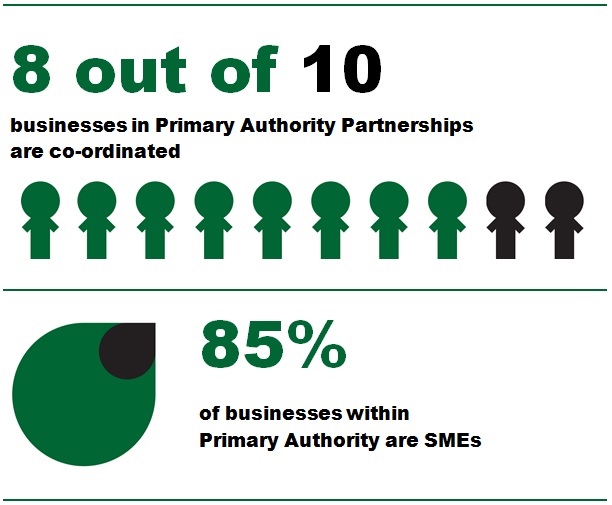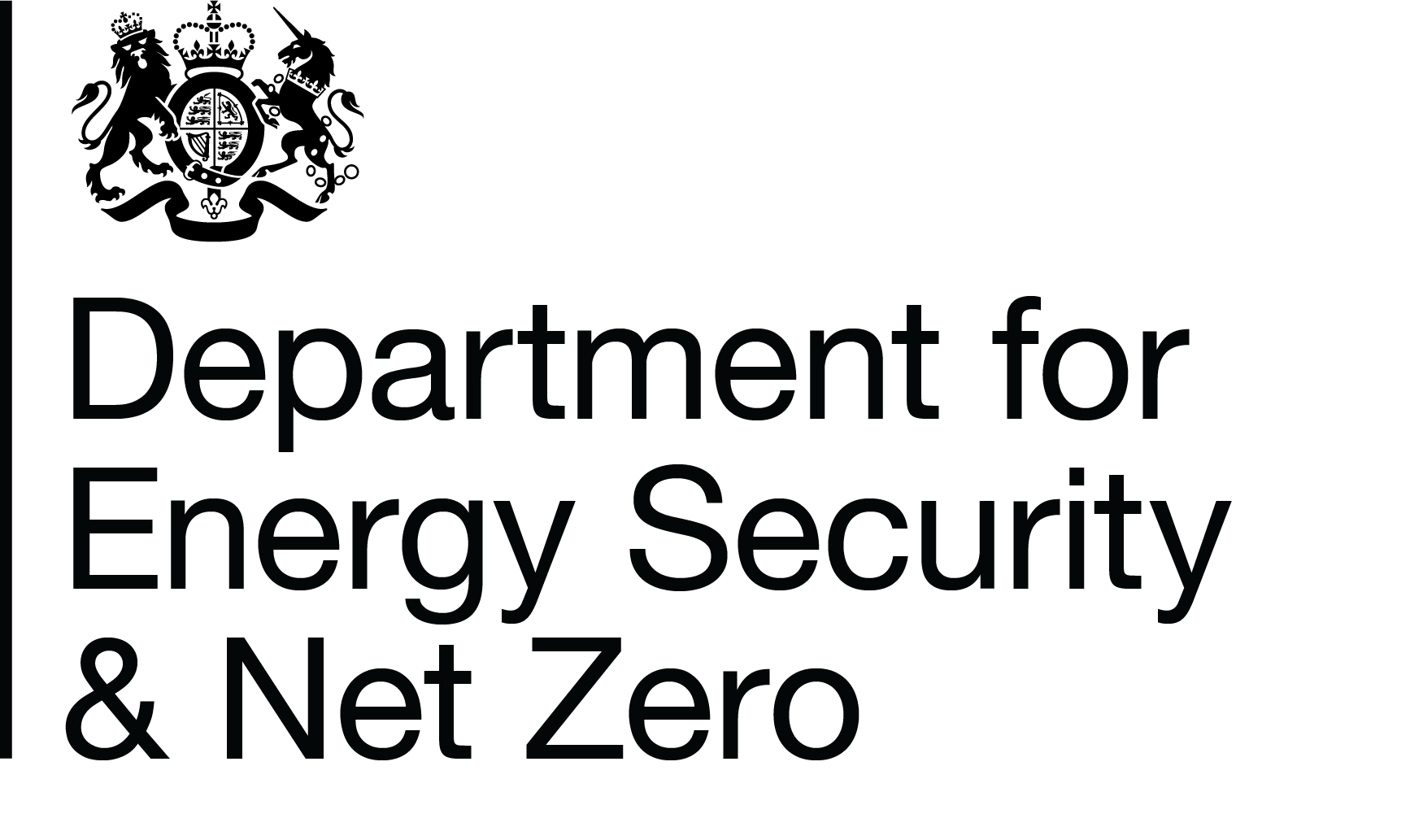Extending and Simplifying Primary Authority : Keeping the UK Competitive
Results updated 10 Mar 2016
The government wants to ensure that as many businesses as possible can access the benefits of Primary Authority as simply as possible. After reviewing the operation of the scheme with many of those who use it, we identified improvements that would make it work more effectively. Our proposals were considered at meetings with a range of stakeholders during 2015. This document summarises both the feedback we received and the 35 responses to our discussion document, which presented our proposals for the extension and simplification of Primary Authority. We are grateful for all this input. The majority of the changes to the scheme will be made through the Enterprise Bill, which is now before Parliament
Files:
- PA Extension and Simplification Response, 371.6 KB (PDF document)
Links:
Overview
Primary Authority provides businesses with consistent, tailored, assured advice they can rely on and provides regulators with flexible ways of working. This gives businesses greater confidence to invest and grow and increases regulator efficiency. Operational since 2009, Primary Authority makes it easier to comply with regulation and run a business in the UK.
The scheme is very successful. Since its introduction, It has been extended, having proved very popular with business and has grown strongly, providing assurance to 7695 of businesses as of 3rd September, doubling membership every year of the last Parliament. It now covers over ¼ million premises across the UK.
Throughout 2014-15, we spent six months reviewing the implementation of the scheme, extensively engaging with stakeholders to find out how Primary Authority is operating. We surveyed 350 businesses and 100 local authority officers to find out how the scheme is working for them and this has given us an evidence base from which we have identified improvements that would make the system work more effectively and deliver benefits to businesses and regulators.
This discussion paper will be of interest to anyone affected by regulation. It will be of particular relevance to those with an existing Primary Authority relationship or who may wish to have one in future. We are keen to gather your views and evidence relating to the simplification and extension of Primary Authority. Your feedback is requested by 22 October 2015 in the first instance; then there will be ongoing evidence gathering.

In a speech he gave on 19th May 2015, the Business Secretary made a commitment to extend and simplify Primary Authority "to make it far easier for small businesses to access the scheme."
This Government wants to ensure that as many businesses as possible can access the benefits of Primary Authority as simply as possible. That means taking a whole new look at the scheme, removing blockages to improve the businesses experience of regulation.
To achieve this objective we are proposing a number of changes to the existing scheme, some of which will be taken forward in a new Enterprise Bill. This was announced in the Queen's Speech 2015 and is being introduced in order to cement the UK's position as the best place in Europe to start and grow a business. It includes a number of deregulatory measures to help business, including extending the Government's target for cutting red tape, requiring regulators to be more transparent in reporting their compliance with existing statutory better regulation measures, and extending Primary Authority to streamline regulation around the country.
In summary, we are proposing to:
i. Simplify the scheme to allow more small businesses to join Primary Authority and access assured advice;
ii. Extend Primary Authority to additional areas of legislation, enabling other regulatory bodies to participate in Primary Authority, ensuring regulators recognise advice issued in other nations; and
iii.Streamline the administrative processes for all involved.
The survey is now closed, but you can still contact us at pa@brdo.bis.gsi.gov.uk
This document was published alongside the introduction of the Enterprise Bill and should be read in conjunction with the relevant clause of the bill.
Audiences
- SMEs (small and medium businesses)
- Large businesses (over 250 staff)
- Multinational businesses
- Business journalists
- Trade bodies
- Legal representative
- Medium business (50 to 250 staff)
- Micro business (up to 9 staff)
- Small business (10 to 49 staff)
- Consumer organisations
- Consumer law specialists
- Consumers
- Local government
- Central government
Interests
- Economic growth
- Starting a business
- Regulation and red tape
- Business investment



Share
Share on Twitter Share on Facebook